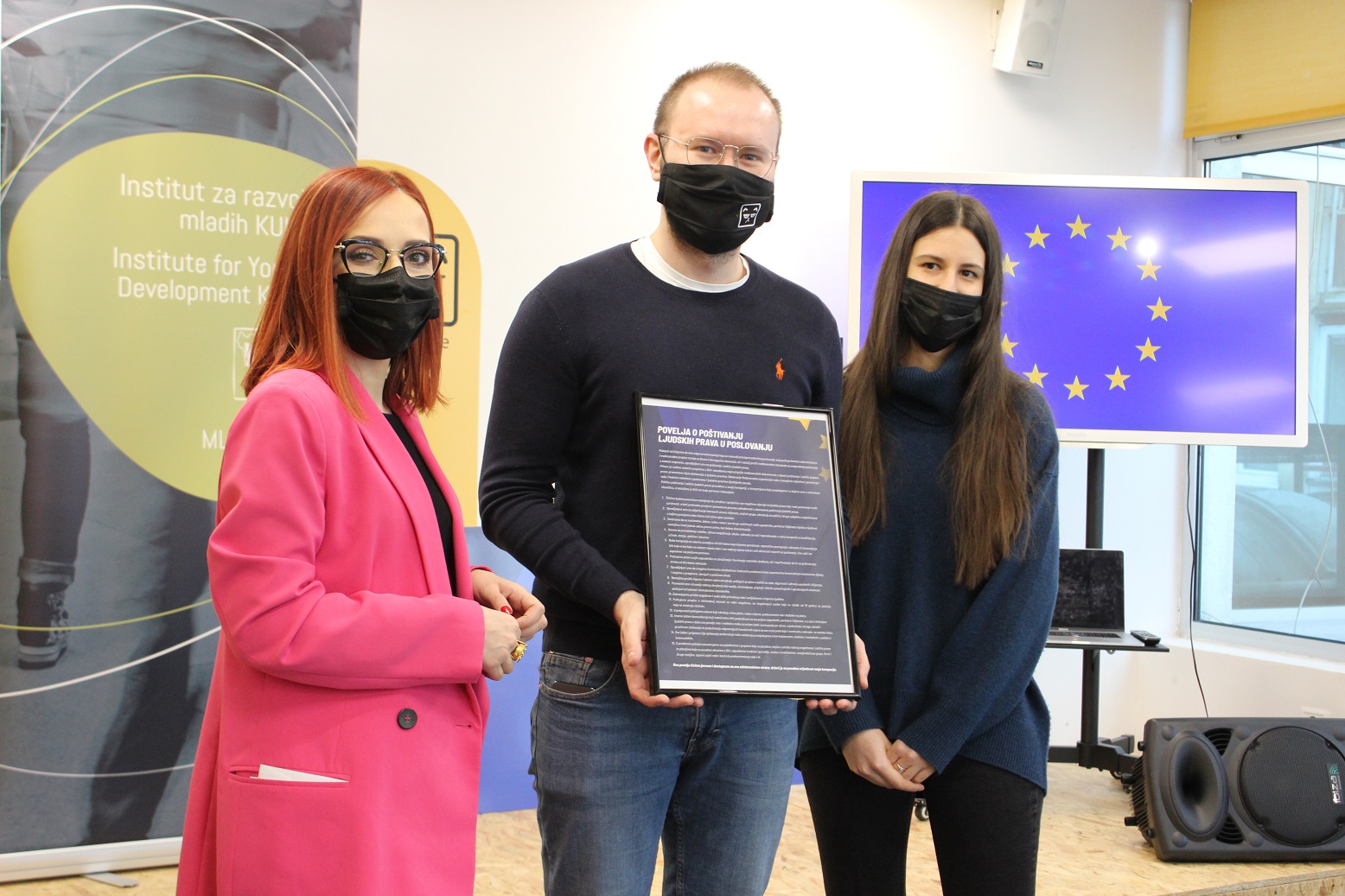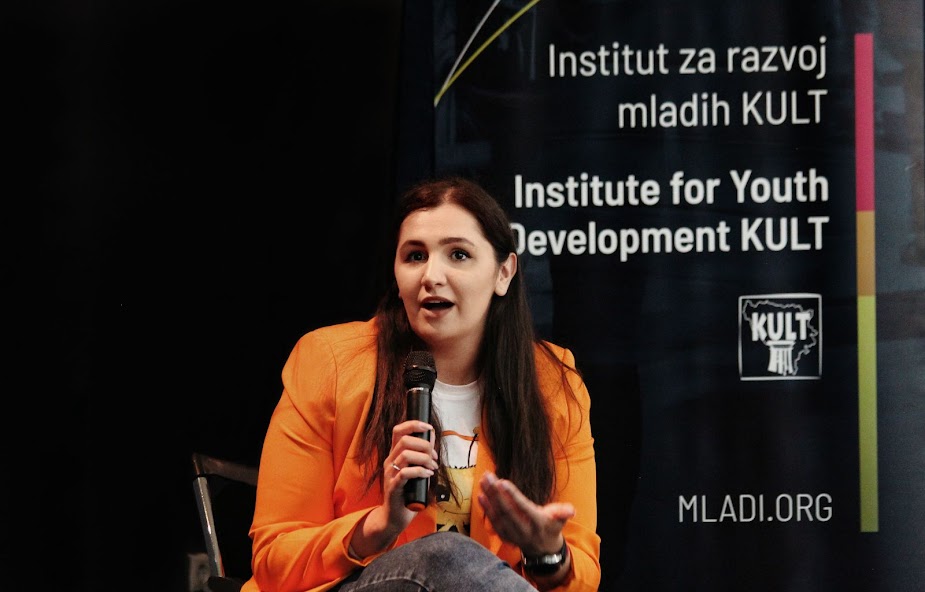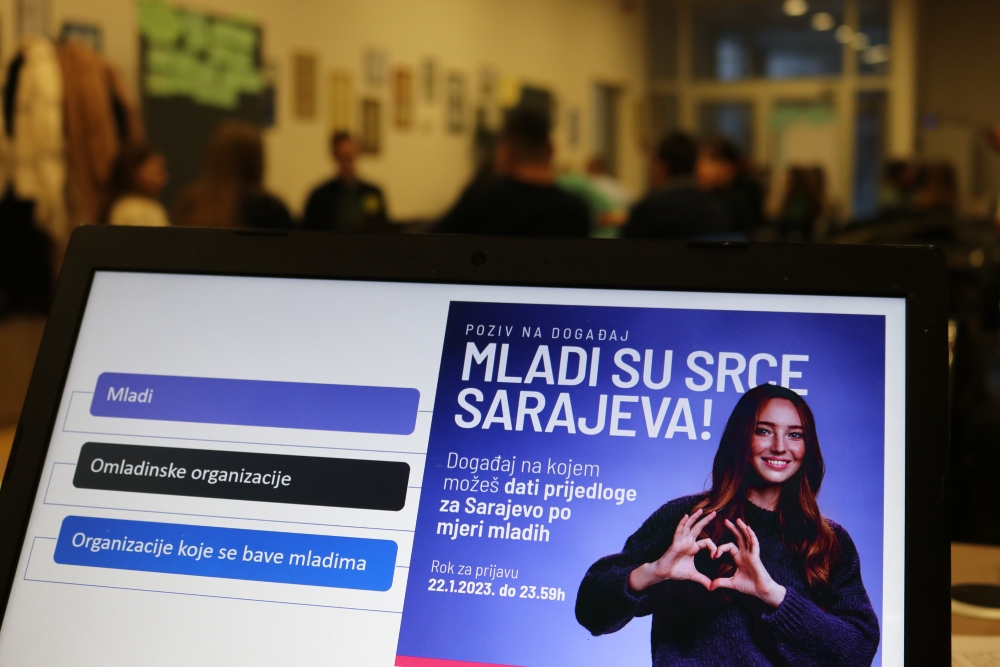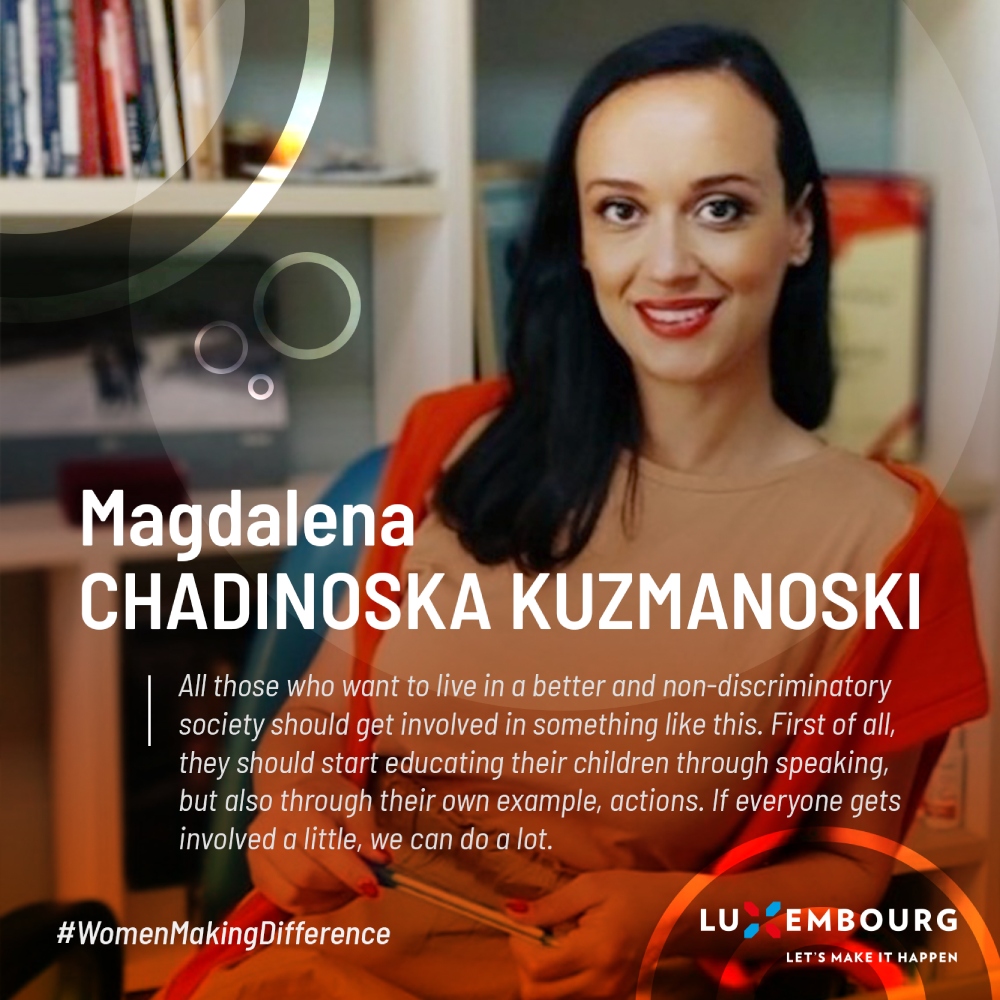On December 11, 2020, the European Commission welcomed the political agreement reached between the European Parliament and EU Member States on the new Erasmus+ Program.
Over the last three decades, participation in Erasmus+ has boosted the personal, social and professional development of over 10 million young people. The programming period will be funded with almost double the budget of the previous period and will last from 2021 to 2027.
Erasmus+ is a real European success story and one of the most successful initiatives of the EU. The program has expanded considerably since its inception in 1987. It covers all education and training sectors ranging from early childhood education and care, and school education to vocational education and training, higher education and adult learning. It also supports cooperation on youth policy, youth work, volunteering and promoting sports.
The new EU long-term budget and the new Next Generation EU program will not only be more inclusive and innovative but also more digital and dedicated to protecting the environment and promoting sustainability. With the new program, the EU is planning to mobilize the education, training, youth and sport sectors for future growth. The program will support youth with fewer opportunities, and offer new opportunities for cooperation, foster innovation and promote both green and digital skills.
It offers youth mobility opportunities for learning across Europe and beyond, allows youth and youth workers to develop their interpersonal skills, improves employability through various forms of cooperation, training and networking in Europe and globally.
This program will be rolled out once the EU adopts the EU budget. The current Erasmus+ program ends with 2020, but many projects related to youth have been extended into 2021, in response to pandemic-related delays.
Read more at https://ec.europa.eu/commission/presscorner/detail/en/IP_20_2317.
















Leave a comment